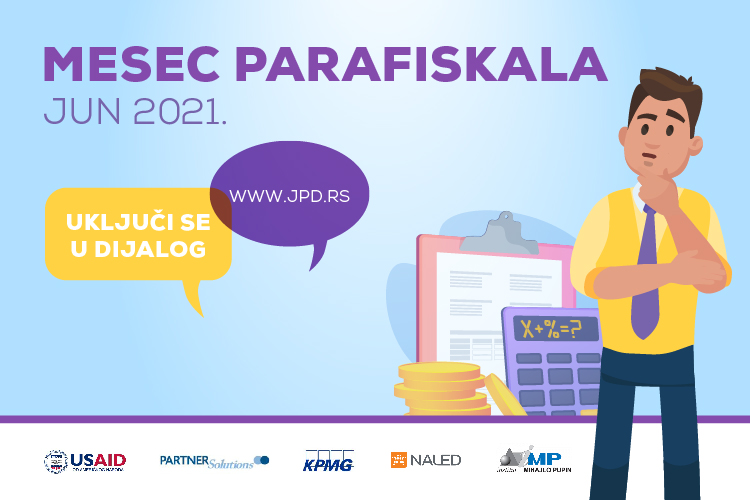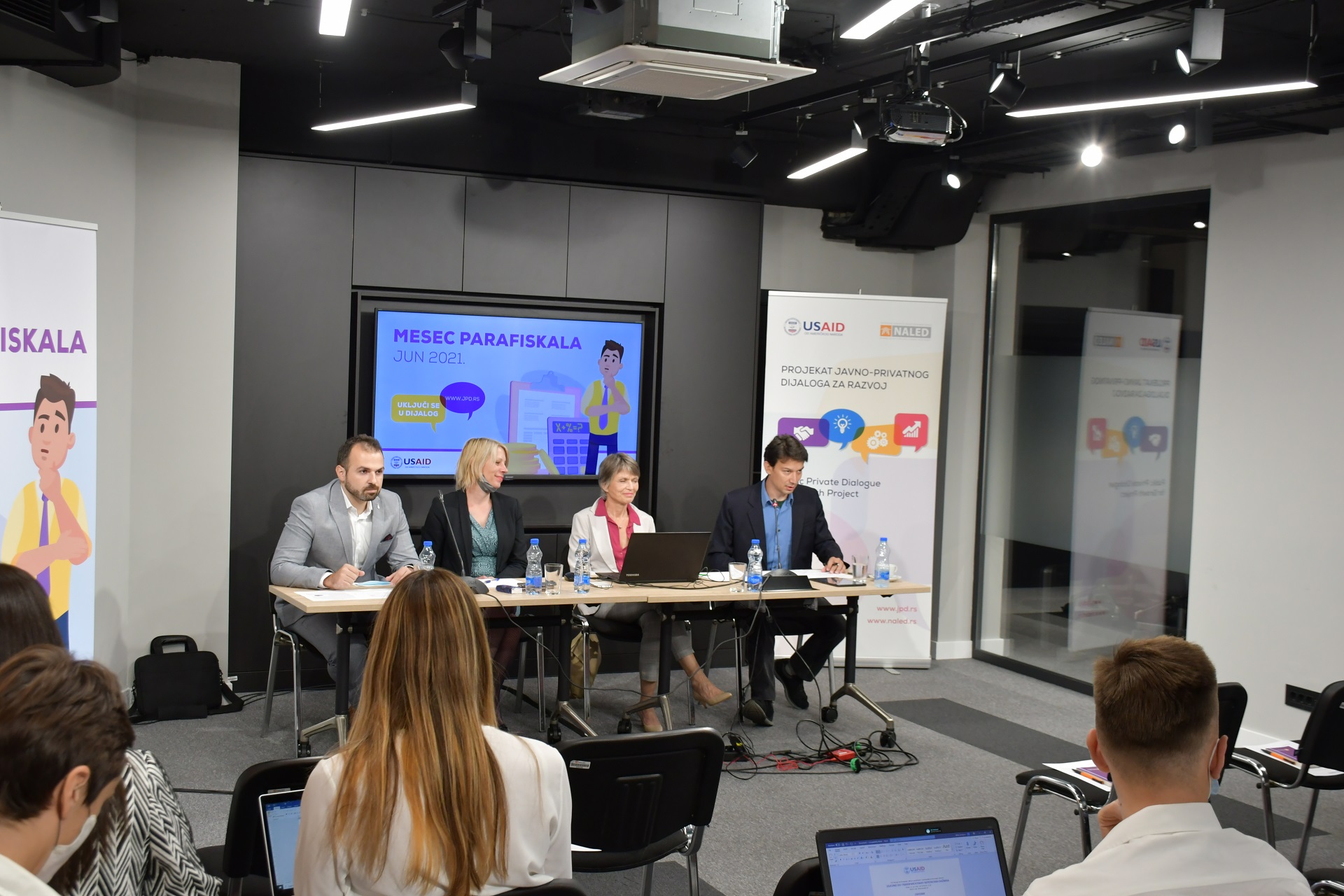A hundred fees with barely visible benefit
Non-tax charges, their number and lack of systemic organization, still cause a major problem - it is shown by the recently published Analysis of local non-tax charges. The system includes around 1,2000 republic non-tax fees and around 100 various local administrative fees and charges that need to be regulated, and along with it generating excessive expenses for citizens and businesses, the local governments also complain that the system is quite poorly regulated, and their contribution to the local budget is a small one - in the overall structure of total revenues, these charges account for only 0.2%.
The research performed by NALED in cooperation with KPMG and with the support of USAID in 15 cities and municipalities within the Non-tax charges reform project has indicated the need for improving the current system of local administrative fees, particularly in terms of their systemization.
- The number of local administrative fees ranges from 10 to 144 per local government, and it is interesting to note that there is no direct positive correlation between the total number of these fees determined by a specific city or municipality, their amount and the amount of revenues generated from local administrative fees - a higher number of fees does not necessarily mean higher budget revenues. For example, our analysis has shown that the local governments that prescribe the highest number of fees have lower than average revenues per capita. The analysis of budget revenues of all 145 local governments in Serbia has shown that non-tax charges in more than a half of cities and municipalities account for only around 0.18% of revenues. This is another indicator that an enormous number of these revenues should be reduced and systemically governed on the national level - says Jelena Bojović, Policy Director in NALED.
Since local administrative fees are only a smaller part of non-tax charges in Serbia and one of the problems is the facts that no one in the country knows about all the existing charges and other non-tax fees, nor who charges them and in what amount, NALED and KPMG see the solution in establishing a central, electronic and public registry that would encompass the national, local and provincial non-tax fees.
- The registry would encompass information about all non-tax charges, such as their name, amount, recepient, payment account. It should be established together with a rule that all non-tax fees can be charged only if they are included in the registry. This would enable several improvements - it would list all charges, the institutions would have to enter all their fees and chares into the registry, as otherwise they would not be able to charge them, and it would enable a reduction of these fees in relation to their purpose and the legal right to introduce them, it would ensure transparency and finally better control of the collection and spending of public revenues – adds Bojović.
The registry would bring benefits to both citizens and businesses - both would have clear insight into the fees they are paying, their amount and recipient, and businesses would also be able to better predict their operational expenses.
Since fees are dominating the structure of total non-tax charges (75%), NALED and KPMG think it would be practical to start the entry into the registry from this part. Additionally, after the Analysis, the local governments launched an initiative for governing local administrative fees, so this may also be a good first step towards in arranging the future registry, of course, if the Ministry of Finance accepts this initiative.


